Vancouver’s housing market presents buyers with a crucial choice: freehold vs strata ownership. These terms describe different ways you can own property, each with its own advantages and obligations. For many Vancouver home buyers, understanding the real difference between freehold and strata is essential before making an investment in Vancouver real estate.
Understanding Property Ownership Types in Vancouver
In British Columbia, the types of property ownership in BC include freehold, leasehold, and strata title. Most properties fall into one of these categories. Each type gives you different rights and responsibilities.
-
Freehold (Fee Simple) Ownership: You own the property outright — the land and the building — indefinitely. This is typical for single-family homes and stand-alone lots.
-
Strata Title Ownership: You own a defined portion of a building or development (like a condo or townhouse) and share ownership of common areas such as hallways, roofs, and amenities.
-
Leasehold Ownership: You own the home or building but lease the land it sits on, often from a government or private landowner, for a set term.
-
Co-operative (Co-op): You own shares in a corporation that owns the property, which gives you the right to occupy a unit.
For this article, we’ll focus on the freehold vs strata comparison, since these are the most common for residential buyers in Vancouver.
What Is Freehold Ownership in Vancouver?
Freehold ownership Vancouver means you own both the land and the building on it completely. You control what happens to the property and can sell, renovate, or rebuild without needing approval from a strata or association — as long as you follow city bylaws.
Key Features of Freehold Property Vancouver
-
Full Control: You make all the decisions. You can renovate, add a suite, or paint your house any color (subject to permits).
-
Full Responsibility: You’re responsible for all maintenance, taxes, and repairs. There are no shared costs, but you must budget for everything yourself.
-
No Strata Rules: No council or neighbors dictating what you can do. You enjoy complete privacy and flexibility.
-
Higher Purchase Price: Freehold homes in Vancouver generally cost more because you own land, which is limited and highly valuable.
-
Long-Term Investment: Land value tends to appreciate over time, making freehold ownership appealing for long-term growth.
In short, freehold property Vancouver buyers enjoy independence and potential equity growth — but must also manage all costs and upkeep alone.
What Is Strata Ownership in Vancouver?
Strata ownership Vancouver applies mainly to condos, townhouses, and some detached “bare land strata” homes. When you buy a strata, you own your individual unit and share ownership of common spaces with other owners.
The building or complex is managed by a strata corporation (made up of all owners) and a strata council (elected volunteers or hired managers). These groups handle decisions, repairs, and budgeting for the community.
Key Features of Strata Property BC
-
Unit + Shared Ownership: You own your specific unit and a share of the common areas (e.g., elevators, hallways, gardens).
-
Monthly Strata Fees Vancouver: All owners contribute to shared expenses such as maintenance, cleaning, insurance, and amenities. Fees depend on building size, services, and amenities.
-
Maintenance Made Easy: Exterior and building upkeep are handled by the strata, so you focus on your own unit.
-
Strata Bylaws: Owners must follow community rules about noise, pets, rentals, parking, and renovations.
-
Special Levies: If major repairs arise and the reserve fund is insufficient, owners pay extra through special assessments.
Living in a strata offers convenience and shared responsibility, but also means following rules and paying ongoing fees.
Key Differences Between Freehold and Strata Ownership
Both options have advantages depending on your goals. Here’s how freehold vs strata compares:
| Category | Freehold | Strata |
|---|---|---|
| Ownership | Owns land and home outright | Owns a unit + shared common areas |
| Control | Full control over property decisions | Must follow strata bylaws and council rules |
| Maintenance | Owner is responsible for all upkeep | Shared maintenance and repairs |
| Monthly Costs | No strata fees; pay own expenses | Ongoing strata fees; shared expenses |
| Privacy | Complete privacy and independence | Close proximity to neighbors |
| Amenities | None (unless you add them) | Often includes gyms, pools, lounges, etc. |
| Rules | Few (city bylaws only) | Bylaws govern noise, pets, rentals, and renovations |
| Cost to Buy | Typically higher | Usually lower entry price |
| Resale Value | Land value may appreciate faster | Values depend on building condition and management |
Pros and Cons of Strata Ownership
Pros
-
Lower purchase price compared to freehold houses
-
Shared costs reduce individual maintenance burden
-
Access to shared amenities and facilities
-
Added security and community environment
-
Convenient, low-maintenance lifestyle
Cons
-
Mandatory strata fees Vancouver that may rise over time
-
Limited control due to bylaws and community rules
-
Possible special levies for big repairs
-
Less privacy and personal space
-
Must rely on the strata council for decisions and maintenance quality
Pros and Cons of Freehold Ownership
Pros
-
Total independence and control over your property
-
No monthly strata or management fees
-
Full land ownership — strong long-term appreciation potential
-
Maximum privacy and space
-
Ability to customize or expand the home freely
Cons
-
Higher upfront cost to purchase
-
You cover 100% of maintenance and repairs
-
No shared amenities or services
-
More time and effort to manage the property
-
Larger financial responsibility for unexpected issues
Which Type of Ownership Is Best for You?
For First-Time Buyers
Those entering the Vancouver real estate market for the first time often choose strata homes because they’re more affordable. Buying a strata home in Vancouver is a practical way to start building equity with manageable costs and maintenance.
For Families and Long-Time Residents
Families or established homeowners may prefer freehold ownership Vancouver for the space, privacy, and freedom to renovate or expand. Having your own yard and land control appeals to those wanting long-term stability.
For Downsizers or Retirees
Many downsizers favor strata living to avoid maintenance hassles. Condos or townhouses provide comfort, security, and convenience without the burden of managing a large property.
For Investors
Investors may weigh flexibility and returns. Strata units are easier to rent and require less hands-on management, while freehold properties offer redevelopment opportunities and stronger land appreciation.
Lifestyle Considerations
-
Urban Convenience: Strata properties tend to be near transit, restaurants, and downtown amenities.
-
Space and Privacy: Freehold homes provide more living area, yards, and peace.
-
Budgeting: Strata owners budget for monthly fees; freehold owners save for occasional large repairs.
-
Community vs. Independence: Choose strata for a social, managed environment or freehold for full autonomy.
Making the Right Decision
Ultimately, the freehold vs strata choice depends on your financial situation, lifestyle, and long-term plans.
-
If you value freedom, privacy, and land ownership, freehold is likely the right fit.
-
If you prefer affordability, convenience, and shared responsibility, strata ownership may suit you better.
Both can be excellent investments in Vancouver real estate, provided you understand the responsibilities involved.
Conclusion
The Vancouver housing market offers something for everyone — from spacious freehold property Vancouver homes to modern strata property BC condos. Understanding how each ownership type works helps you make an informed decision that fits your goals, whether you’re a first-time buyer, investor, or long-time resident.
Whichever path you choose, be sure to review all documents carefully, budget realistically, and seek guidance from a trusted professional before making your move.
Ready to explore your options in Vancouver’s housing market? Contact Adam Chahl and the PLACE Real Estate Team – Oakwyn Realty for expert guidance and local insight into both freehold and strata properties across Greater Vancouver.
5 FAQs
Q1: What’s the main difference between freehold and strata in Vancouver?
Freehold means you own the land and the home outright. Strata means you own a unit plus a share of common areas, pay monthly strata fees, and follow bylaws.
Q2: Are strata fees in Vancouver worth it?
They can be if you value lower day-to-day upkeep and amenities. Fees fund building insurance, maintenance, management, and reserves. Review the budget, CRF, and minutes before buying.
Q3: Do freehold homes appreciate more than condos?
Often the land component in freehold drives long-term value, while condos depend more on building condition and management. Market cycles matter—compare area sales before deciding.
Q4: Can I rent out a strata unit in Vancouver?
Most residential stratas now allow long-term rentals; short-term rentals may still be restricted. Always check current bylaws and city rules before you purchase.
Q5: What should I review before buying a strata home?
Read bylaws, rules, AGM/SGM minutes, Form B, depreciation report, insurance summary, CRF balance, and any notices of upcoming repairs or levies.
MLS® Listings in Coal Harbour | Vancouver Real Estate


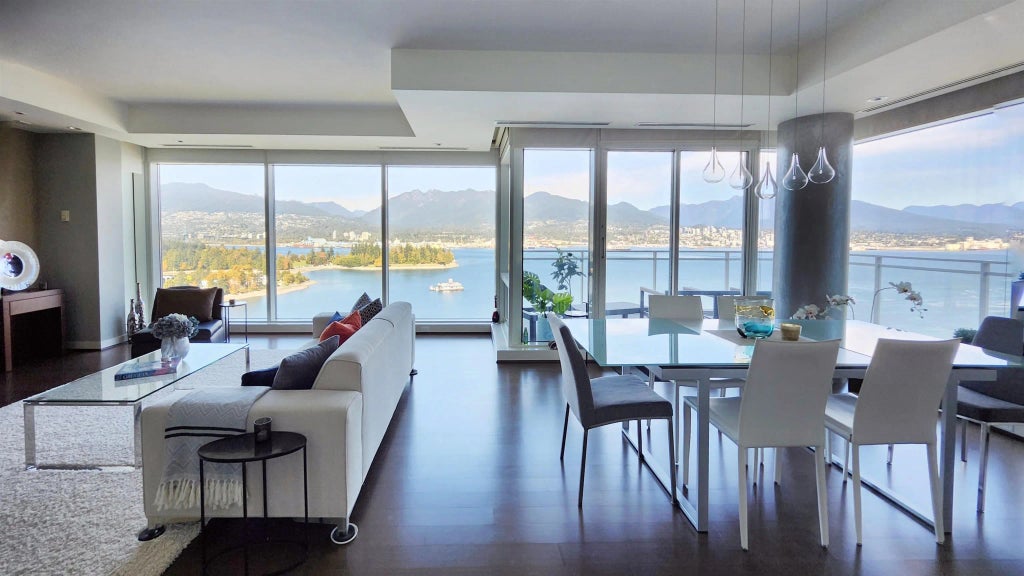

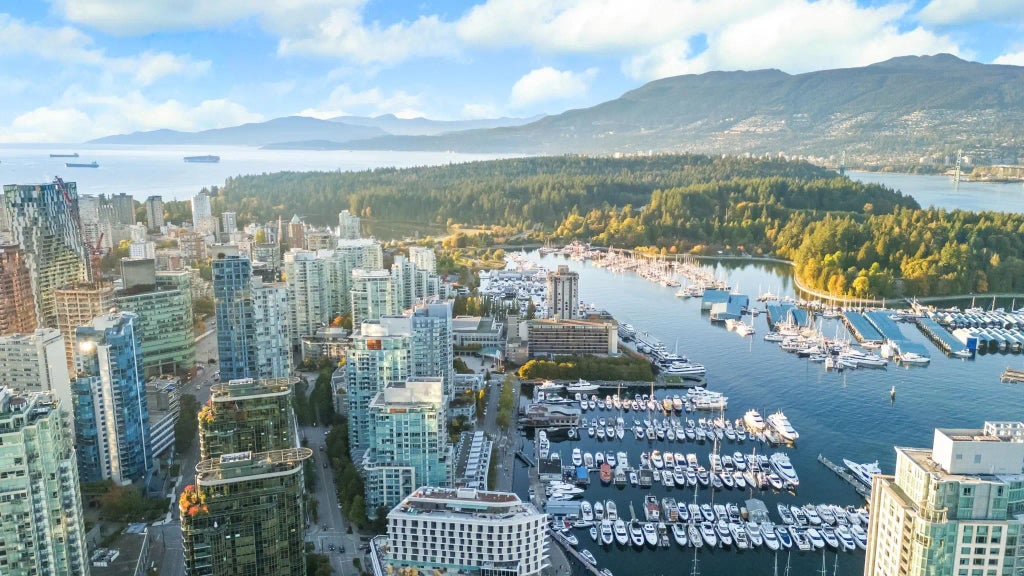
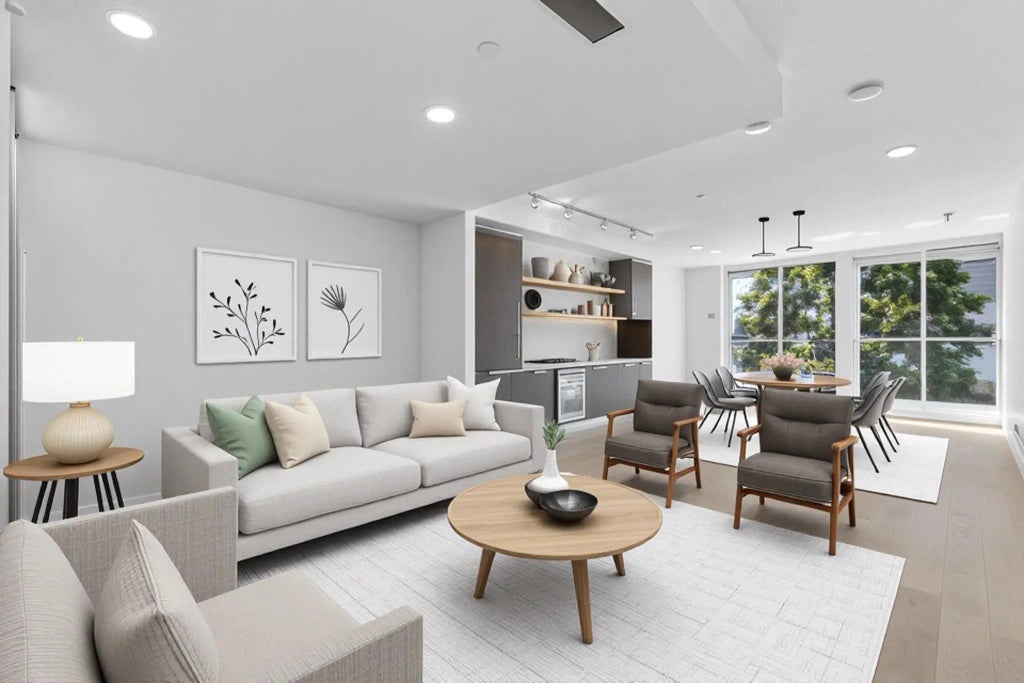
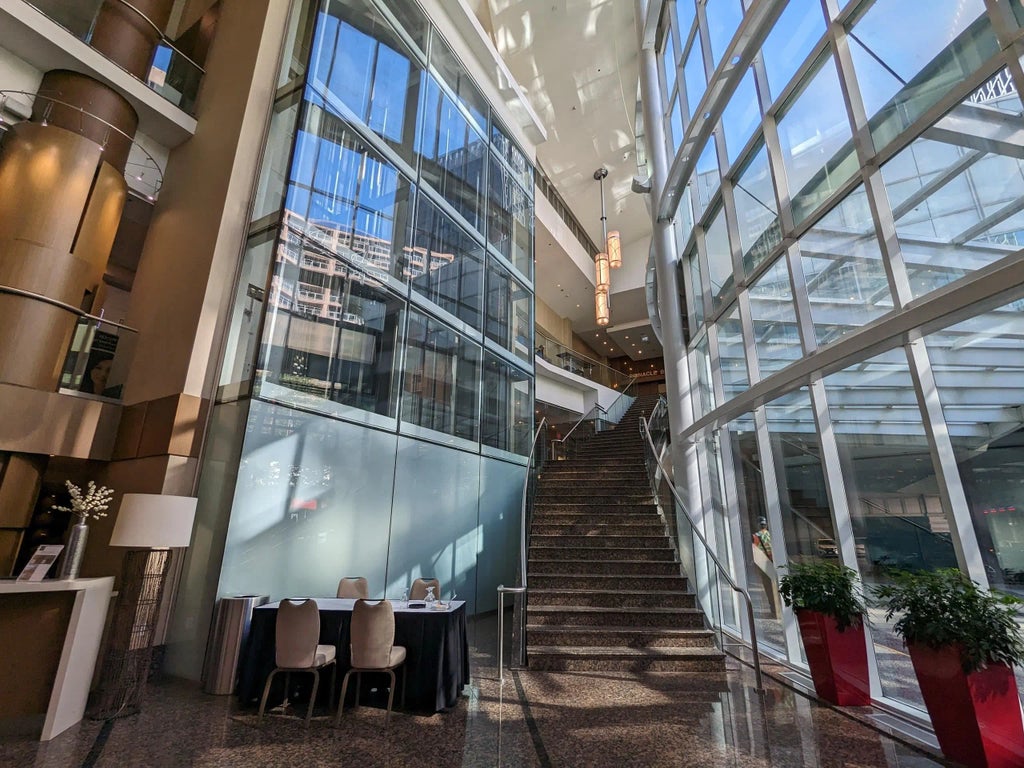
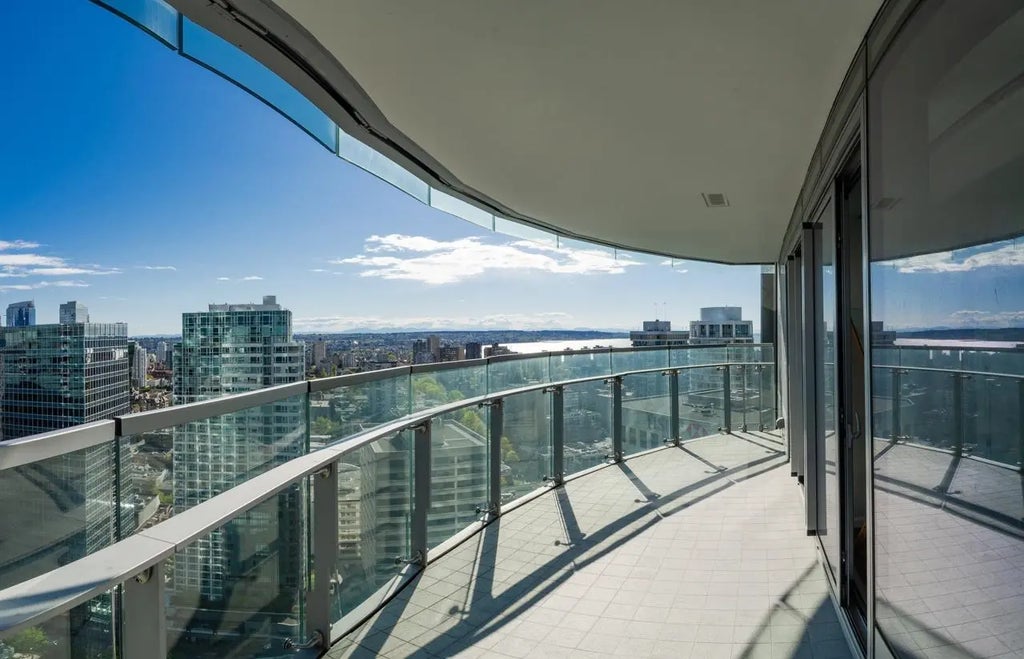
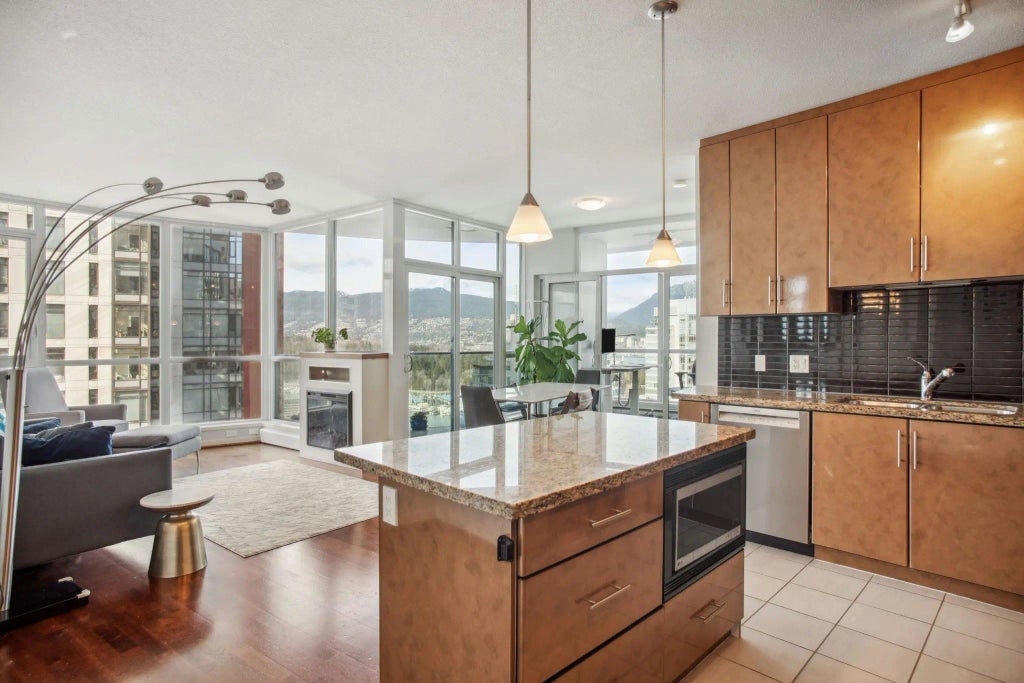
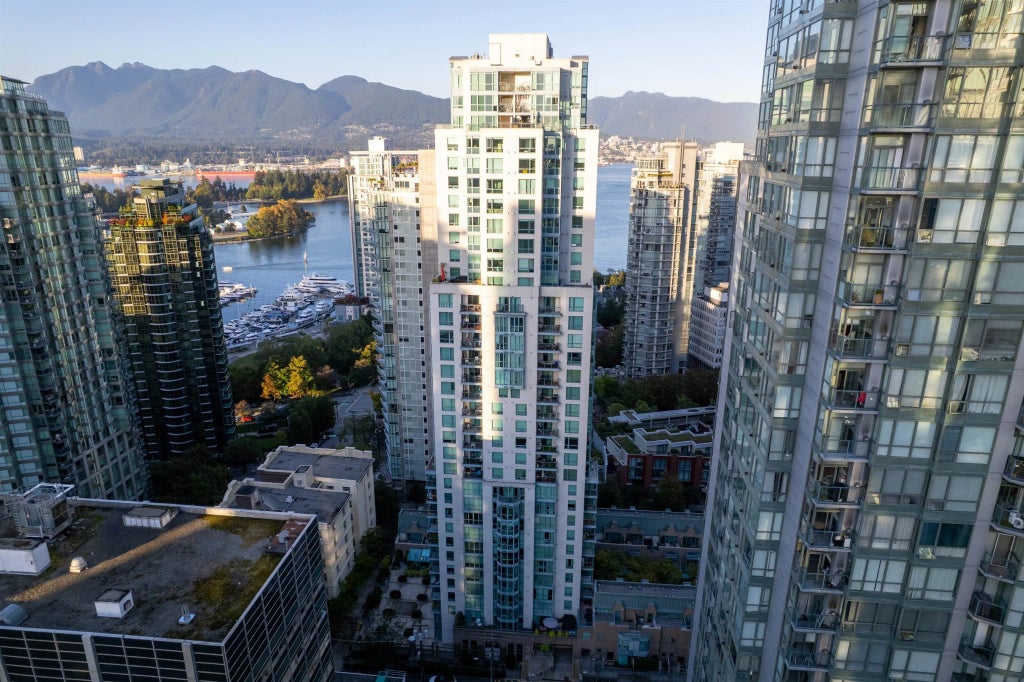
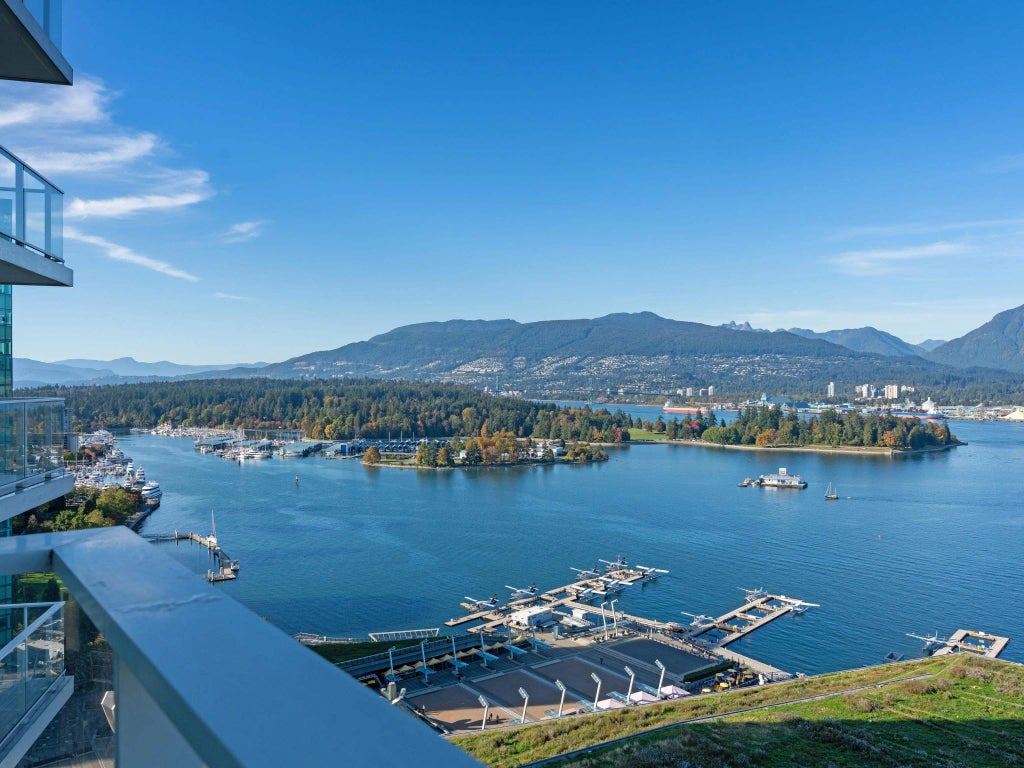

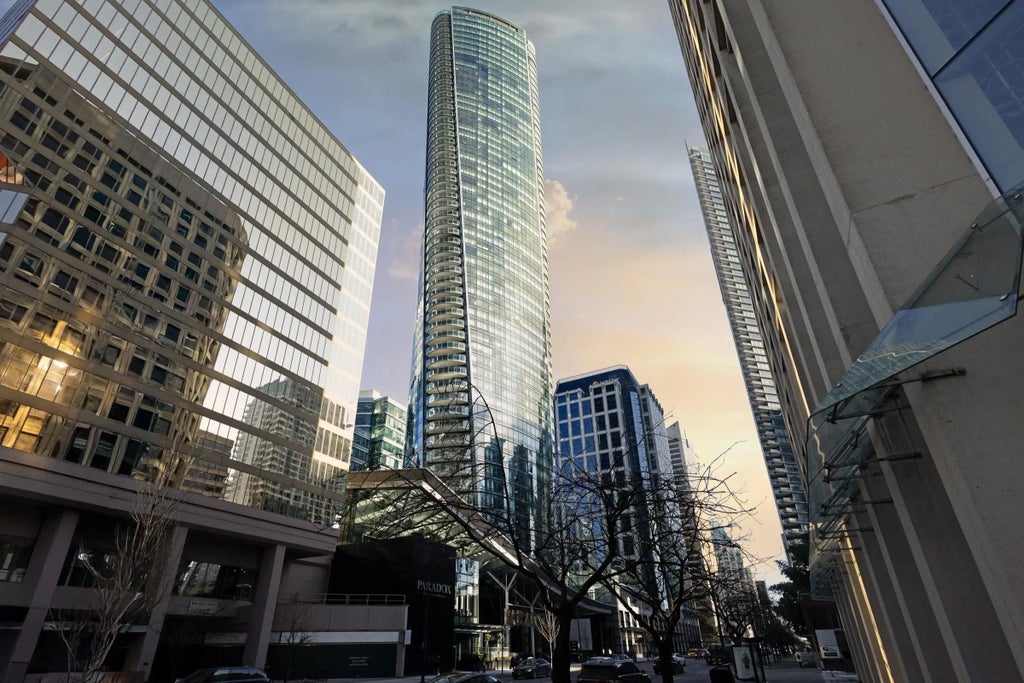
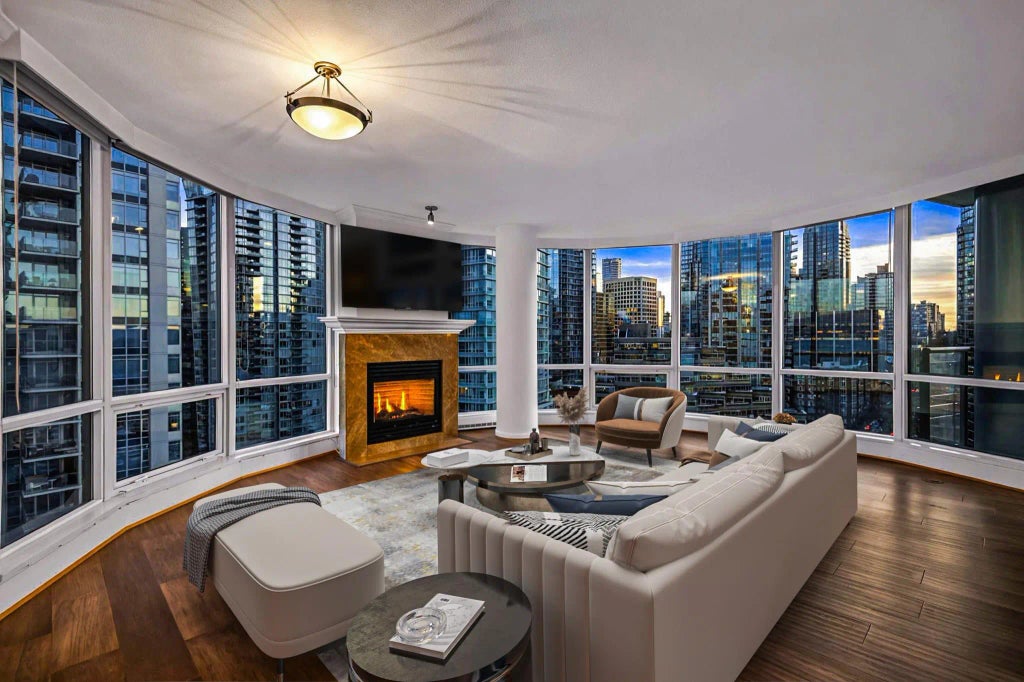
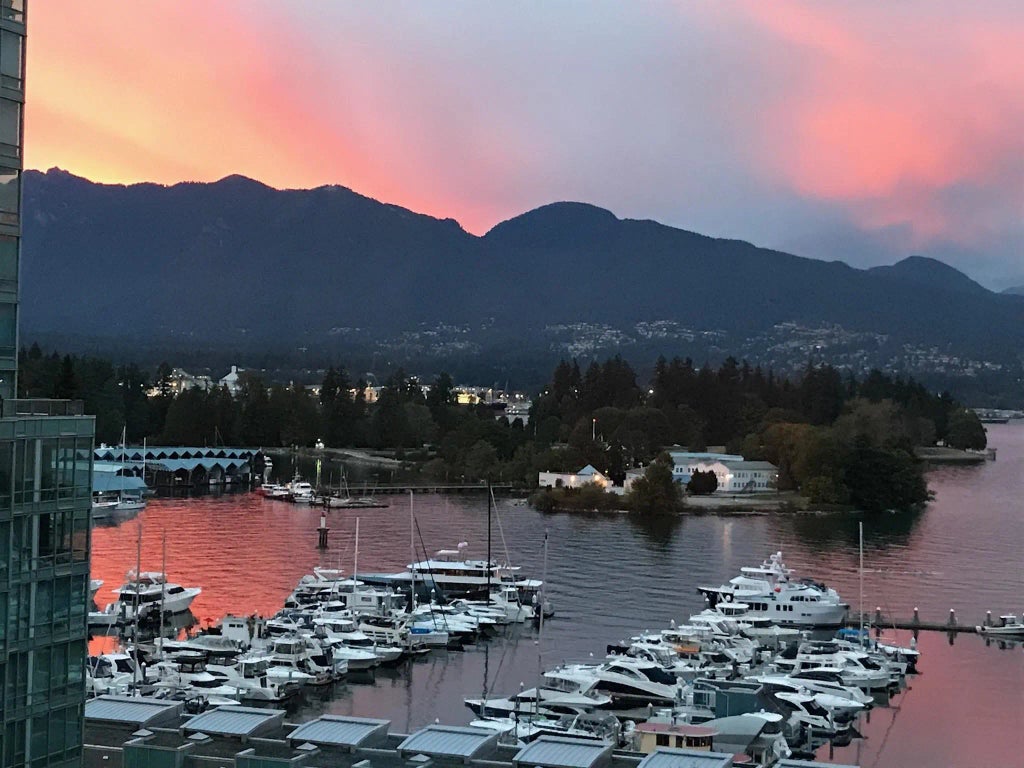
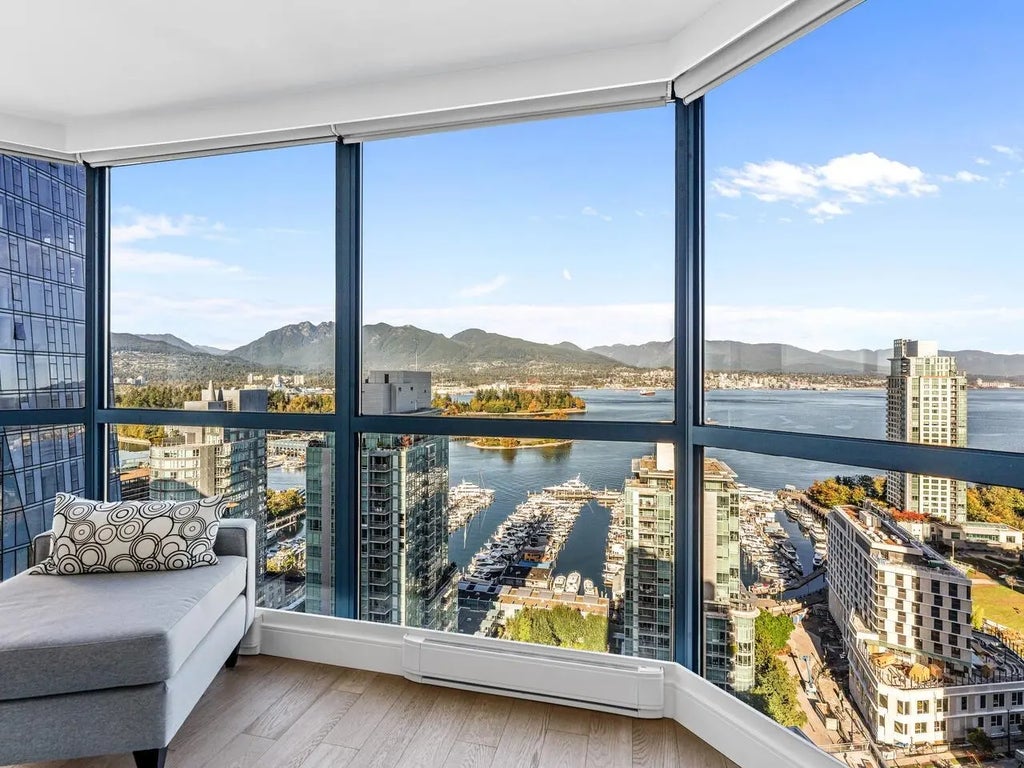
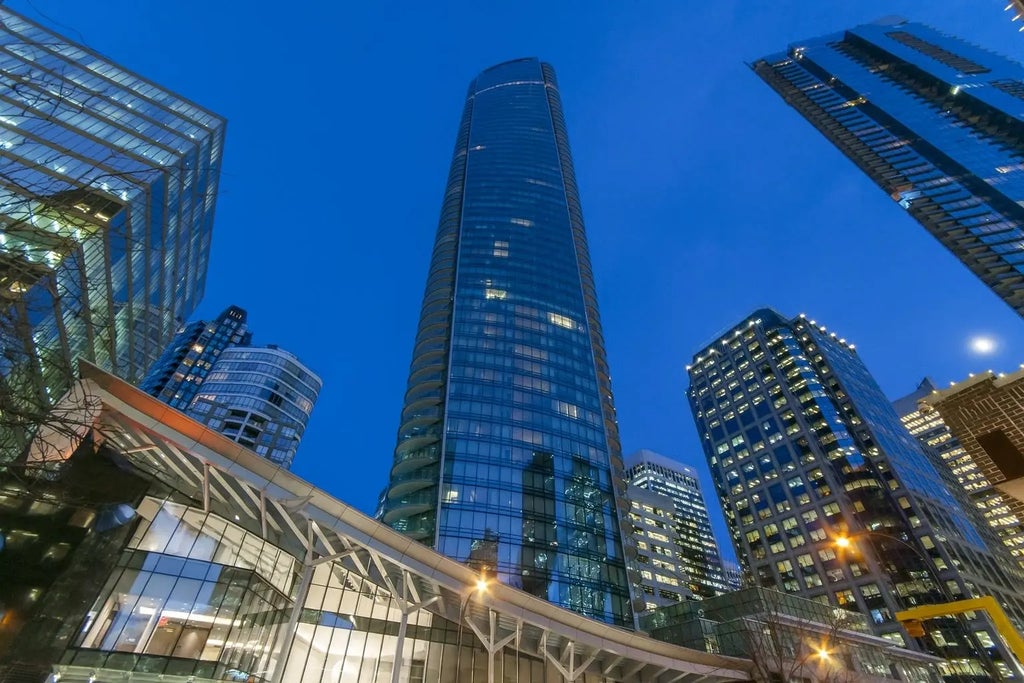
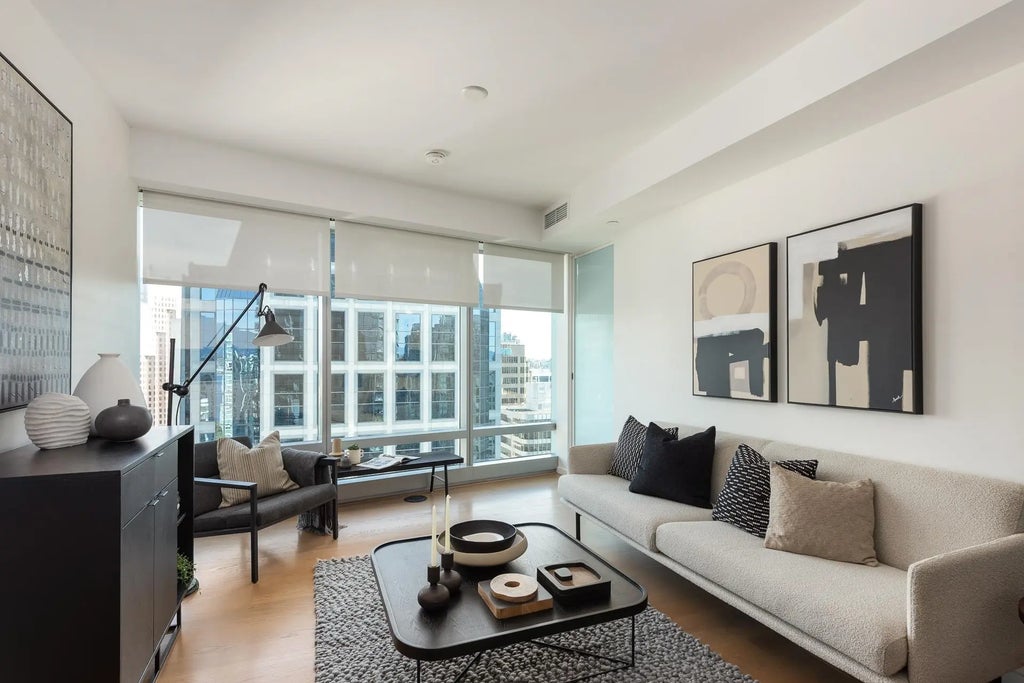
Leave A Comment